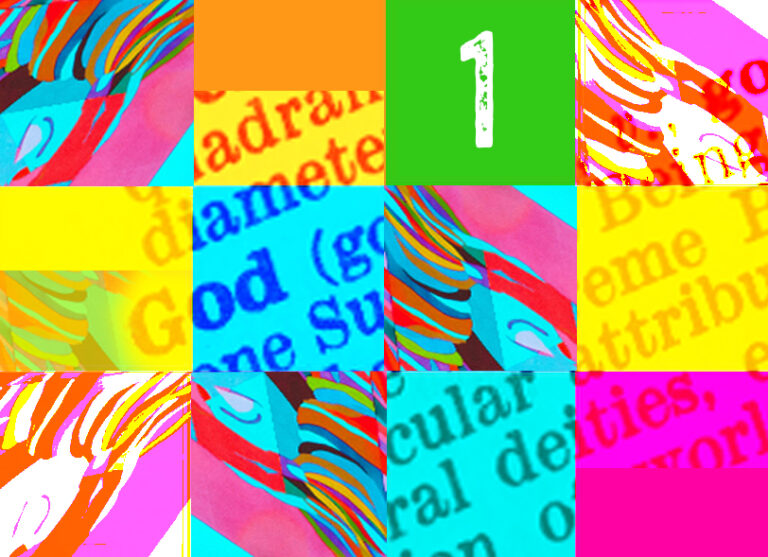“When I was a child, I spoke and thought and reasoned as a child. But when I grew up, I put away childish things.”*
I have just spent the afternoon playing with my grandson. Theo is nearly three, and I felt a new kind of connection with him – as if the limit of my ability to be childlike was just able to stretch far enough to meet his current level of development. The shift Theo has recently negotiated is described perfectly by James Fowler in his book Stages of Faith* – Theo was happy playing alone with me because he now sees himself a independent from his parents and able to make choices of his own, able to trust another adult despite my obvious struggle to enter his magical world.
As I arrived home my son texted me: ‘Just tried playing Led Zeppelin to Theo for the first time and he looked at me and said “someone shouting daddy”’. Hopefully another lesson Theo has learned today is that his daddy is not frightened by Robert Plant’s unusual shrieks and moans, which means he does not need to be fearful either. And maybe, given time, Theo will come to appreciate Jimmy Page’s guitar playing and John Bonham’s drums.
My point is that we expect children to grow and develop. Using the language of Fowler, Theo’s current level of intuitive-projective faith which is still strongly influenced by his parents will move through the mythic-literal stage to the synthetic-conventional where he begins formulating his own belief systems. He will probably still be using ideas and images handed down to him by parents, school, friends and society, but the conclusions he reaches will nevertheless be his own.
The synthetic-conventional stage is also the point at which Theo will begin drawing lines that distinguish his own ideas, or the ideas of his ‘tribe’, from others. And, humans being what they are and the need to belong being so strong, there is a chance that Theo might get stuck at this stage for the rest of his life. The ability to reflect, and then to critique and disbelieve, develops in early adulthood but will be countered by the realisation that there is safety in the box he has built around himself.
Those who choose to remain safe may forfeit the discovery that there are many mysteries lying just beyond the realms of certainty. Stories can take many forms, nuance becomes a jumping off point for new journeys, and some questions don’t have easy or comforting answers.
When Paul writes “…but when I grew up, I put away childish things…” the context is a chapter in which he insists there is no valid religious conviction that does not have love as its motivating force. His hymn to love has to be one of the clearest descriptions of Fowler’s final stage of maturity that has ever been written. And yet elsewhere Paul confesses that he had been stuck at the synthetic-conventional stage for a very long time. We also recall that he was kept in that box by the political machinations of the tribe he belonged to and the high opinion his society felt for the theological education he had received.
Paul’s inherited image of God kept him stuck. It was an enforced re-evaluation of God’s nature that set him free to reach new levels of spiritual maturity.
*1 1 Corinthians 3:11.
*2 Stages of Faith: The Psychology of Human Development and the Quest for Meaning.




